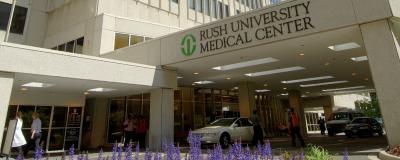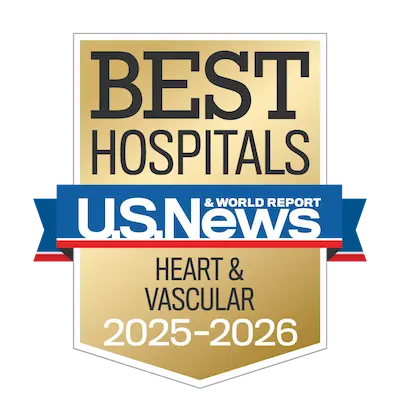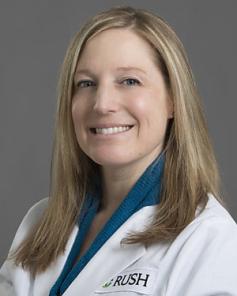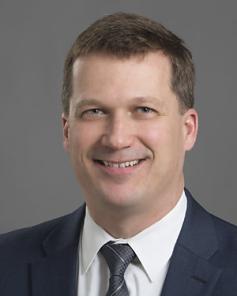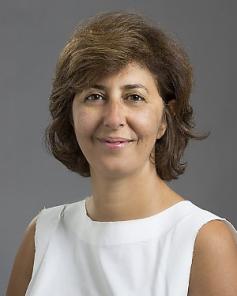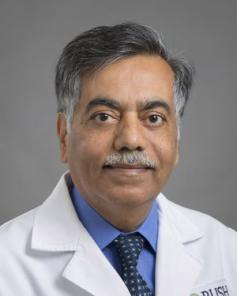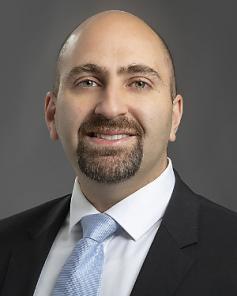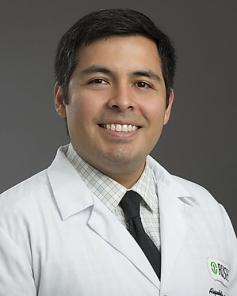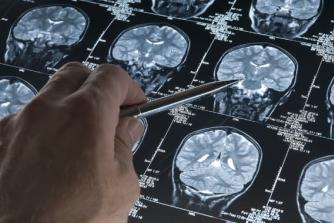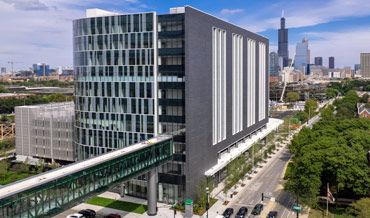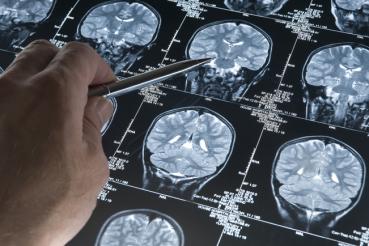About the Rush Comprehensive Stroke-Cardiology Clinic
The Stroke-Cardiology Clinic at Rush provides you with a multidisciplinary care approach if you’ve experienced a stroke that may be related to a cardiovascular condition such as atrial fibrillation (AFib), patent foramen ovale (PFO), cardiac dysrhythmia or cardiomyopathy.
Our clinic offers you a consolidated, one-stop, unified approach to your stroke diagnostic and treatment plans. Our team of cardiologists and vascular neurologists works collaboratively to evaluate you, create a comprehensive treatment plan and educate you and your family in one convenient clinic location.
Is this clinic right for me?
You’re an ideal candidate for this clinic if you’ve experienced a stroke from an undetermined or unknown cause, or a stroke due to PFO or atrial fibrillation. At the clinic, we determine whether you have an underlying reason for the stroke. This allows providers to pinpoint the cause and provide treatment that can help prevent another occurrence.
About 25% of all strokes are due to a heart-related source such as AFib, cardiomyopathy, endocarditis or PFO. Atrial fibrillation is a particularly common type of irregular heartbeat that often causes the heart to beat rapidly. Around 25% of the US population is living with AFib. People with AFib have a five times greater risk of stroke than those who do not. There are many treatment options for patients with stroke-related atrial fibrillation.
Each year in the United States, more than 800,000 people experience a stroke. It is the fourth-leading cause of death and the leading cause of serious, long-term disability in adults. Preventing strokes or transient ischemic attacks (TIA, often referred to as “mini-strokes”) is complicated by the fact that people often have coexisting neurological and cardiovascular conditions. Heart issues often influence the care of neurologic patients; likewise, neurologic considerations are critical in several types of heart disease.
Why Rush?
The neurology and neurosurgery program and cardiology programs at Rush University Medical Center are ranked among the best in the nation by U.S. News & World Report.
- Nationally recognized stroke care: Rush University Medical Center, Rush Copley Medical Center and Rush Oak Park Hospital have been recognized by the American Heart Association/American Stroke Association with the Get With the Guidelines® Stroke Gold Plus Achievement Award. In addition, Rush University Medical Center and Rush Oak Park Hospital have received the Stroke Elite Plus Honor Roll Award. These awards recognize that Rush hospitals provide timely and effective stroke care that is among the best in the country.
- Comprehensive care: Rush is certified by the Joint Commission as a Comprehensive Stroke Center, the most demanding stroke certification designed for those hospitals that have specific abilities to receive and treat the most complex stroke cases.
- Cutting-edge research: As leaders in cardio-stroke prevention, Rush is continually engaged in ongoing research examining new and innovative techniques for treating patients with heart-related stroke.

